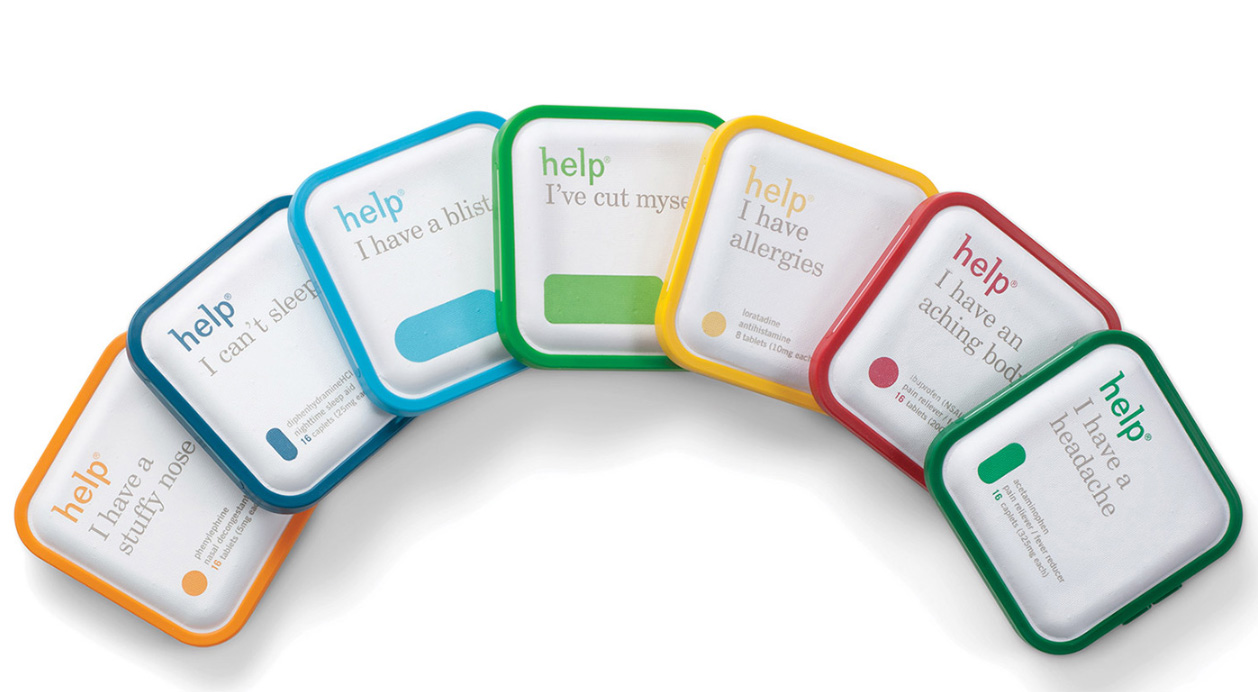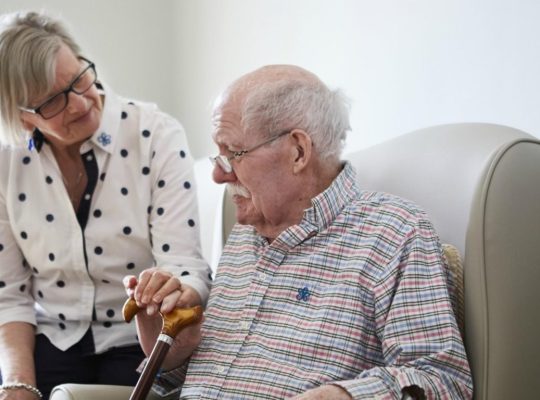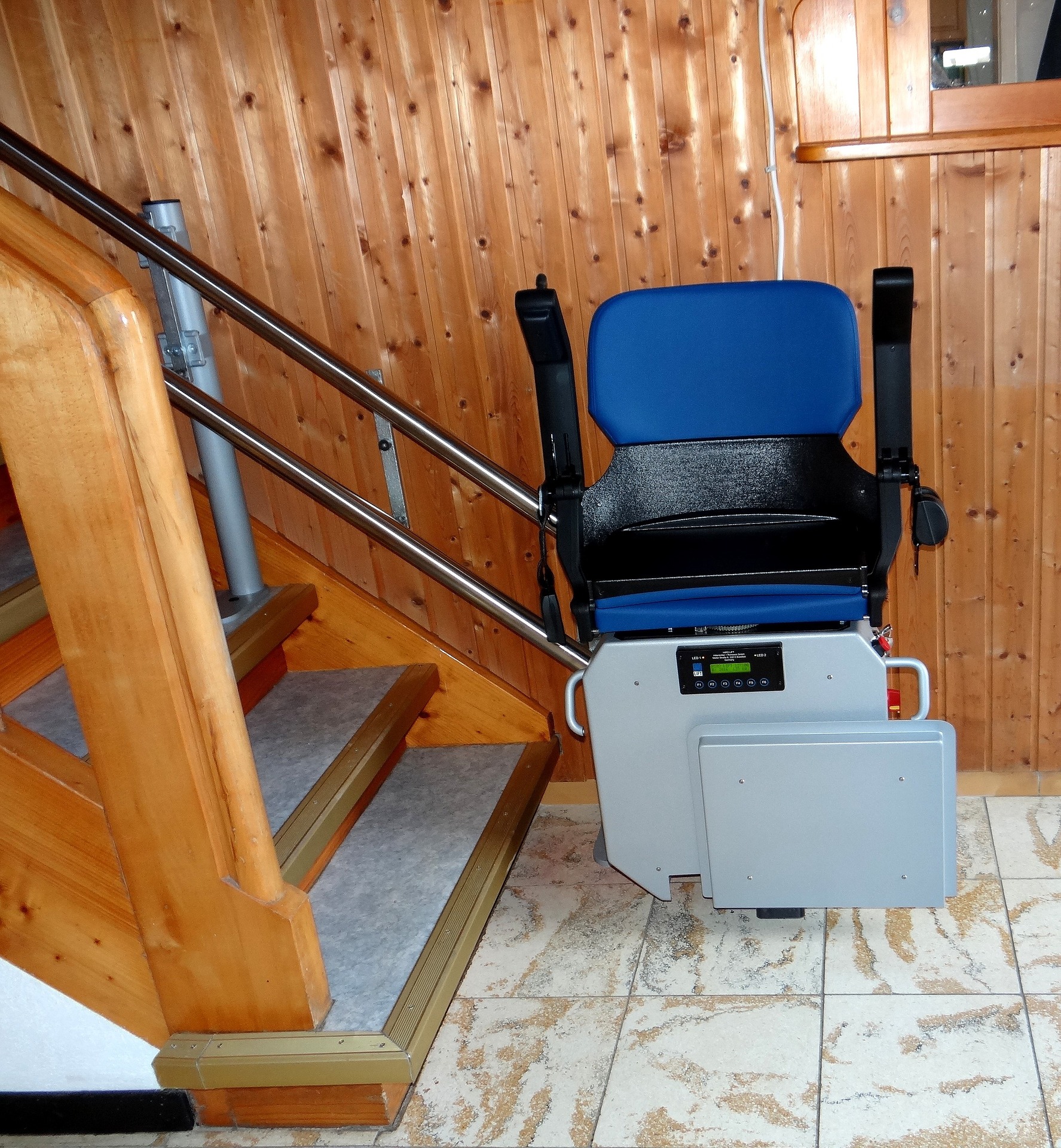As individuals age, they often find themselves managing multiple medications, which can be a complex and sometimes daunting task. Medication management is crucial for senior health, as incorrect dosages or missed medications can lead to serious consequences. To ensure the well-being of your elderly loved ones, it’s essential to simplify their medication management. In this article, we’ll explore six valuable tips to make this process easier and safer.
1. Create a Medication Schedule
The first step to effective medication management is establishing a clear and organized medication schedule. Seniors should have a daily routine for taking their medications, which can include a specific time, meal, or activity as a reminder. A schedule helps in preventing missed doses and ensures that medications are taken consistently.
A paper-based chart, a smartphone app, or a medication management system with built-in reminders are excellent tools to help create and maintain a schedule. Regularly updating the schedule can also accommodate any changes in prescription or dosage.
2. Use Pill Organizers
Pill organizers, commonly known as pill boxes or pill dispensers, are simple yet highly effective tools for organizing medications. These containers have compartments for each day of the week or time of day, making it easy for seniors to see if they have taken their pills or not. Fill the organizers at the beginning of each week, and they can serve as visual cues, minimizing the risk of errors.
For seniors with complex medication regimens, there are even more advanced electronic pill dispensers that come with alarms and notifications to remind them when it’s time to take their medication. Some of these devices can be programmed to release pills automatically.
3. Simplify Medication Packaging
Working with pharmacists to simplify medication packaging can greatly ease the medication management process. Options such as blister packs or pre-sorted medication pouches can be used to package daily doses. Each dose is labeled with the date and time, eliminating any confusion. These packaging options are especially useful for seniors with multiple medications to ensure they are taking the correct pills at the right time.

4. Keep an Updated Medication List
Maintaining an up-to-date list of all prescribed and over-the-counter medications is crucial. This list should include the medication name, dosage, prescribing doctor, and the purpose of each medication. Having this information readily available can be invaluable during medical appointments or emergencies. Both seniors and their caregivers should be aware of any changes to the medication list.
Moreover, sharing this list with healthcare providers can help prevent potential drug interactions and adverse effects, as healthcare professionals can assess the overall medication regimen more effectively.
5. Regular Medication Reviews
Periodic medication reviews with healthcare providers are essential to ensure that the medications are still necessary and effective. As seniors’ health conditions may change over time, their medication requirements can change as well. A comprehensive review can help identify any medications that may be redundant or that could be adjusted to better suit the individual’s needs.
Additionally, during these reviews, seniors and their caregivers can discuss any side effects, concerns, or questions about the medications. Open communication with healthcare professionals can lead to a more tailored and safer medication regimen.
6. Engage Caregiver Support
Family members, caregivers, or friends can play a pivotal role in medication management. Involving a trusted individual can provide an extra layer of support and accountability. These caregivers can help in setting up medication schedules, refilling prescriptions, and ensuring that the medications are taken as prescribed.
Caregivers can also provide companionship and emotional support, which can make medication management less stressful for seniors. Moreover, they can be crucial in monitoring any potential side effects or adverse reactions.
In conclusion, effective medication management is vital for senior health. By implementing these six tips, you can make the process much easier and safer for your elderly loved ones. Simplifying medication management not only ensures that medications are taken as prescribed but also contributes to overall well-being and quality of life for seniors. Regular communication with healthcare professionals, caregivers, and a well-organized approach to medication are all steps towards promoting the health and safety of seniors.







